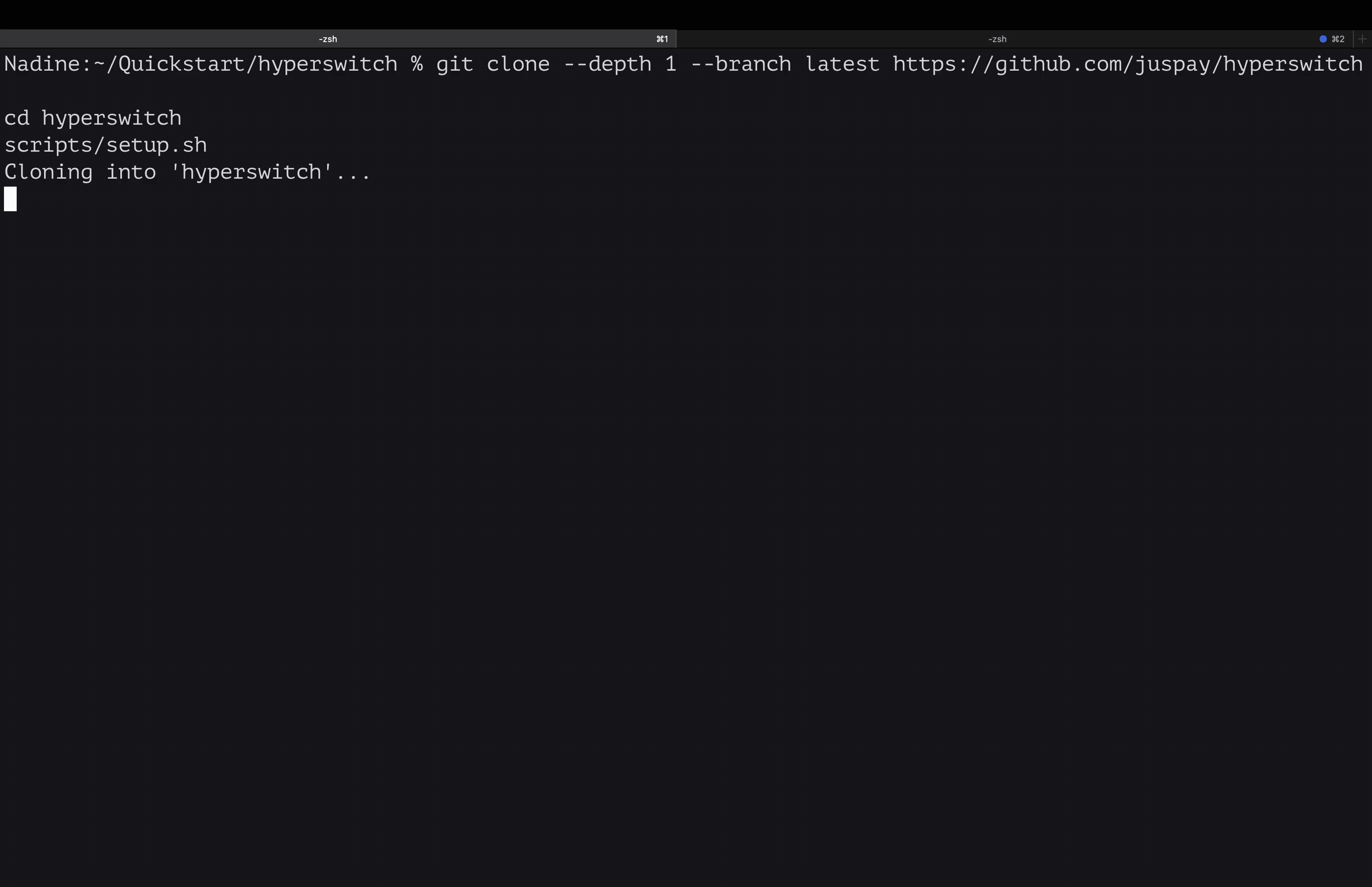HyperSwitch Plugins let you build once, use anywhere across backtests, paper trading, and live markets.
They are:
- 🔌 Modular & reusable components
- 📦 Environment-agnostic (backtest, sandbox, live)
- 🧩 Easy to plug into any strategy or workflow
- 🌐 Exchange-agnostic with unified interfaces
Create, share, or combine plugins for indicators, strategies, risk controls, and more — all while keeping your code clean and scalable.
Hyperswitch offers a modular, open-source payments infrastructure designed for flexibility and control. Apart from our Payment Suite offering, this solution allows businesses to pick and integrate only the modules they need on top of their existing payment stack — without unnecessary complexity or vendor lock-in.
Each module is independent and purpose-built to optimize different aspects of payment processing.
-
Cost Observability
Advanced observability tools to audit, monitor, and optimize your payment costs. Detect hidden fees, downgrades, and penalties with self-serve dashboards and actionable insights.
Read more -
Revenue Recovery
Combat passive churn with intelligent retry strategies tuned by card bin, region, method, and more. Offers fine-grained control over retry algorithms, penalty budgets, and recovery transparency.
Read more -
Vault
A PCI-compliant vault service to store cards, tokens, wallets, and bank credentials. Provides a unified, secure, and reusable store of customer-linked payment methods.
Read more -
Intelligent Routing
Route each transaction to the PSP with the highest predicted auth rate. Reduce retries, avoid downtime, and minimize latency while maximizing first attempt success.
Read more -
Reconciliation
Automate 2-way and 3-way reconciliation with backdated support, staggered scheduling, and customizable outputs. Reduces manual ops effort and increases audit confidence.
Read more -
Alternate Payment Methods
Drop-in widgets for PayPal, Apple Pay, Google Pay, Samsung Pay, Pay by Bank, and BNPL providers like Klarna. Maximizes conversions with seamless one-click checkout.
Read more
from HyperSwitch import Alpaca, CoinbasePro
stocks = Alpaca()
crypto = CoinbasePro()
futures = BinanceFutures()
# Easily perform the same actions across exchanges & asset types
stocks.interface.market_order('AAPL', 'buy', 1)
crypto.interface.market_order('BTC-USD', 'buy', 1)
# Full futures feature set
futures.interface.get_hedge_mode()import HyperSwitch
"""
This example shows how backtest over tweets
"""
class TwitterBot(HyperSwitch.Model):
def main(self, args):
while self.has_data:
self.backtester.value_account()
self.sleep('1h')
def event(self, type_: str, data: str):
# Now check if it's a tweet about Tesla
if 'tsla' in data.lower() or 'gme' in data.lower():
# Buy, sell or evaluate your portfolio
pass
if __name__ == "__main__":
exchange = HyperSwitch.Alpaca()
model = TwitterBot(exchange)
# Add the tweets json here
model.backtester.add_custom_events(HyperSwitch.data.JsonEventReader('./tweets.json'))
# Now add some underlying prices at 1 month
model.backtester.add_prices('TSLA', '1h', start_date='3/20/22', stop_date='4/15/22')
# Backtest or run live
print(model.backtest(args=None, initial_values={'USD': 10000}))Follow the steps below to install and run this project on your local machine.
Make sure you have the following tools installed on your system:
- Node.js (v14.x or newer)
- npm (comes with Node.js)
- Git
- Python 3.x (optional, if any indicators or tools require it)
You can also use Docker to run the project in an isolated environment.
Install the required npm packages:
npm installIf the plugin uses Python-based tools or indicators, install the Python dependencies as well:
pip install -r requirements.txtTo allow the plugin to interact with cryptocurrency exchanges, set up your API credentials.
Create a .env file in the root directory and add your exchange keys:
EXCHANGE_API_KEY=your_api_key_here
EXCHANGE_SECRET_KEY=your_secret_key_hereMake sure not to commit this file to version control. It should remain private.
Each plugin comes with a configuration file. For example:
# config/rsi-config.yaml
strategy:
rsi_period: 14
overbought_threshold: 70
oversold_threshold: 30
symbol: BTC/USDT
interval: "1h"You can modify these values based on your trading preferences.
Once everything is set up, start the plugin:
npm start -- --plugin rsi --config config/rsi-config.yamlOr, if you're using a custom script:
node index.js --plugin rsi --config config/rsi-config.yamlBuild and run the plugin using Docker:
docker build -t HyperSwitch-rsi-plugin .
docker run -it --env-file .env HyperSwitch-rsi-pluginerDiagram
PLUGIN {
string id
string name
string type
}
PLUGIN ||--o{ STRATEGY : implements
STRATEGY ||--o{ INDICATOR : uses
STRATEGY ||--o{ EXECUTOR : runs
EXECUTOR ||--o{ MARKET_INTERFACE : interacts
MARKET_INTERFACE }|--o{ EXCHANGE : connects
PLUGIN ||--o{ CONFIGURATION : requires
PLUGIN ||--o{ LOGGING : logs
wouldn't be without you. If we are going to disrupt financial industry, every contribution counts. Thank you for being part of this journey.





